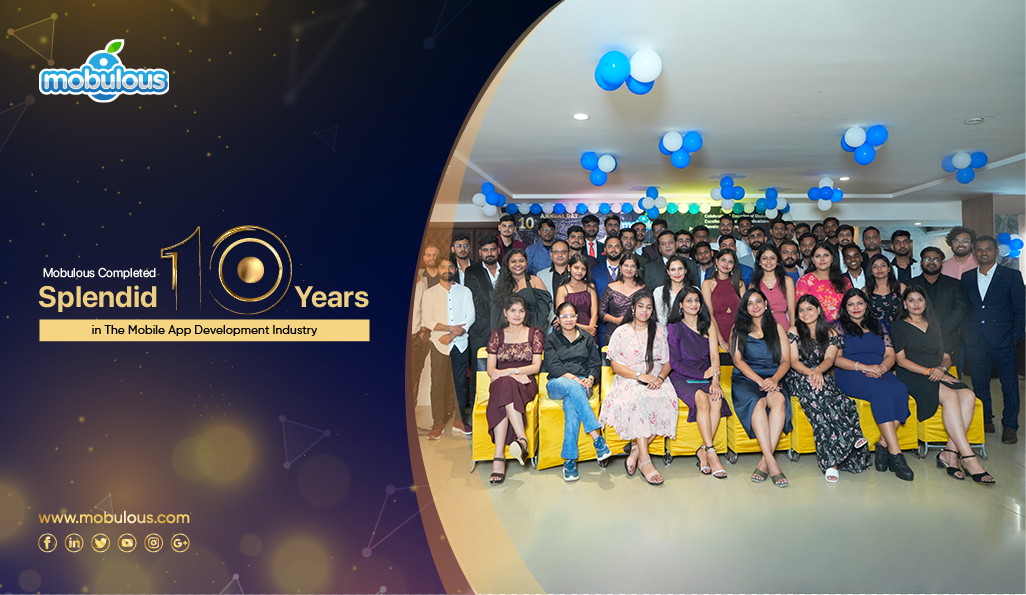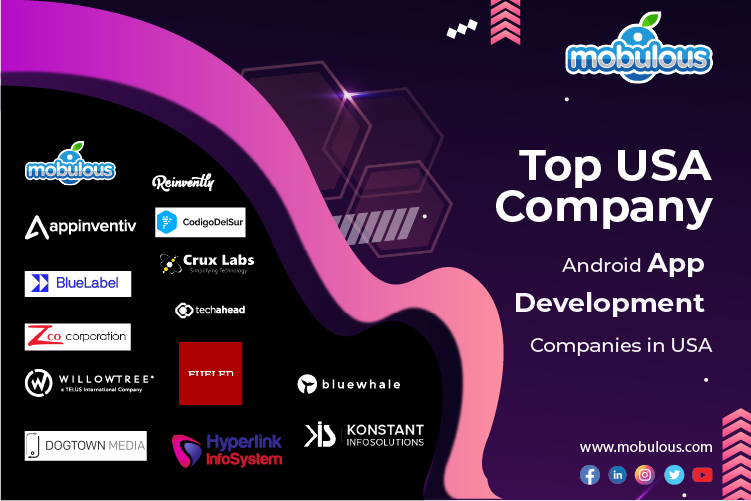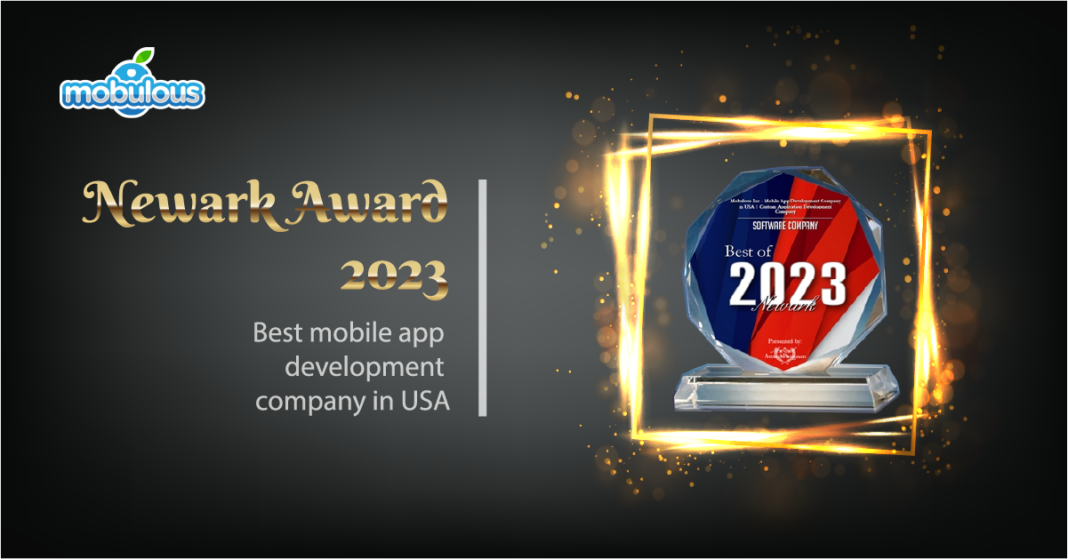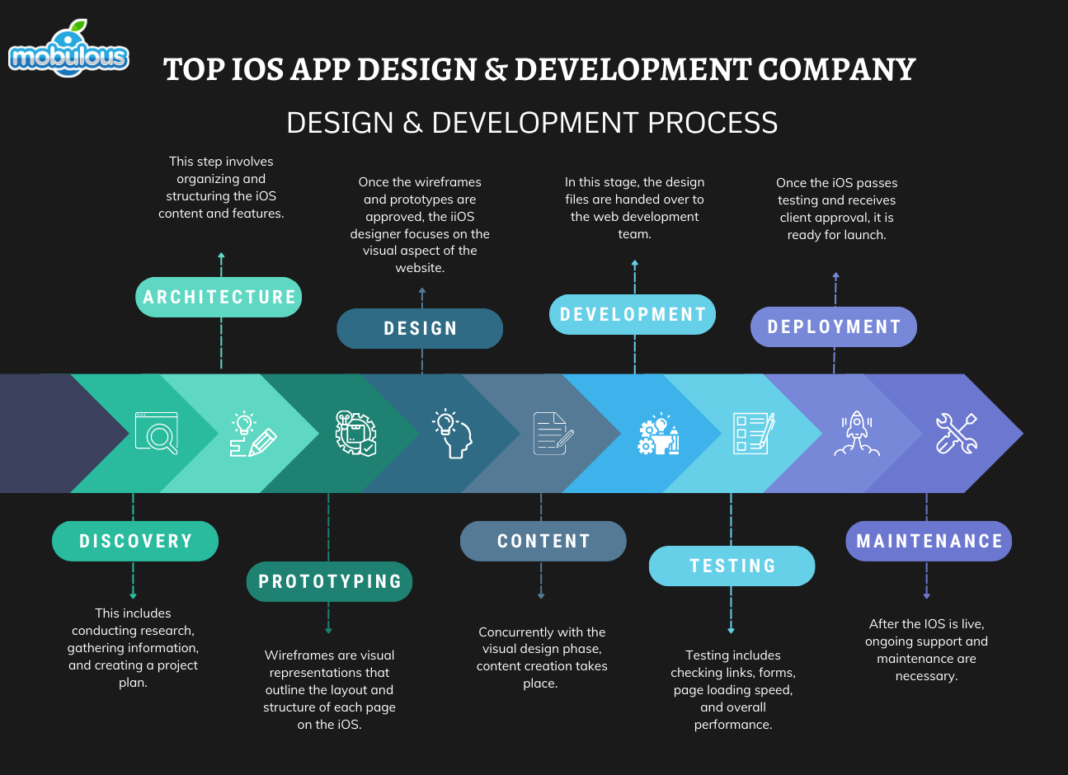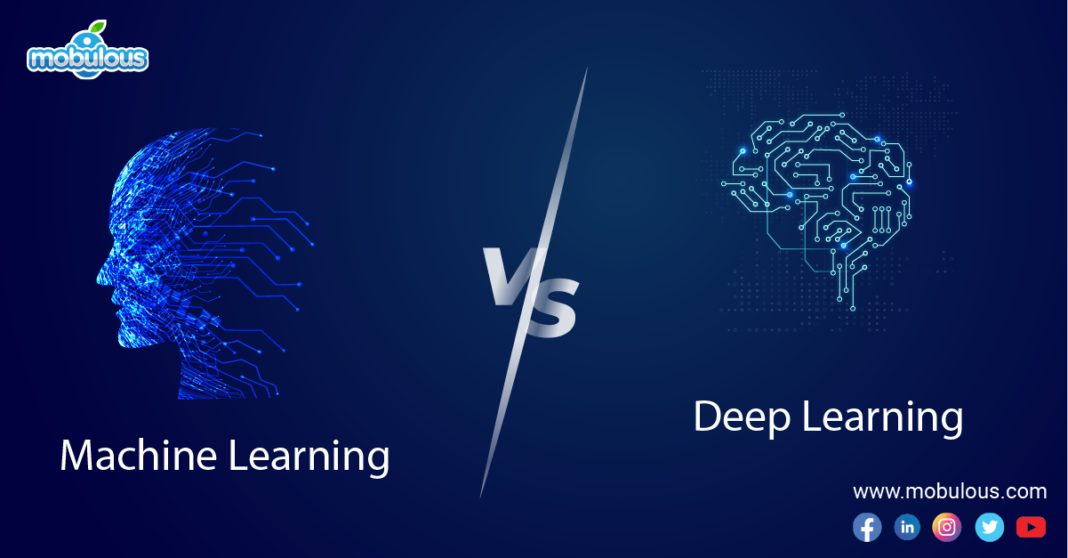What is An Education And E-Learning App?
An education and e-learning app is a digital platform designed to facilitate remote learning, skill development, and knowledge acquisition through interactive content, personalized learning paths, and comprehensive assessment tools.
These applications leverage modern technology to create engaging educational experiences, enabling students, professionals, and lifelong learners to access quality education anytime, anywhere, through mobile devices and computers.
Benefits of Education and E-Learning App Development
Education and e-learning app development is revolutionizing traditional learning methods by offering innovative, accessible, and efficient solutions for knowledge acquisition. These digital platforms deliver numerous advantages that enhance the learning experience.
1. Enhanced Learning Accessibility
Digital learning platforms break geographical barriers and time constraints, allowing learners to access educational content 24/7 from any location. Mobile compatibility ensures continuous learning opportunities through smartphones and tablets.
2. Personalized Learning Experience
Adaptive learning algorithms analyze individual progress and customize content delivery based on learning patterns, ensuring optimal knowledge retention and skill development through tailored educational pathways.
3. Cost-Effective Education Solution
E-learning apps eliminate expenses associated with traditional education, including travel, physical materials, and facility maintenance, making quality education more affordable and accessible to diverse populations.
4. Interactive Learning Environment
Digital platforms incorporate multimedia content, gamification elements, and interactive exercises, creating engaging learning experiences that boost motivation and knowledge retention through active participation.
5. Progress Tracking and Analytics
Advanced analytics tools provide detailed insights into learning patterns, performance metrics, and skill development, enabling data-driven decisions for improving educational outcomes and learning strategies.
6. Collaborative Learning Opportunities
E-learning platforms facilitate peer interaction, group projects, and knowledge sharing through integrated communication tools, fostering a collaborative learning environment that enhances understanding and skill development.
Key Features of An Effective E-Learning App
Modern education and e-learning app development incorporates essential features that enhance user engagement, facilitate effective learning, and ensure seamless educational experiences across diverse learning environments.
1. User-Friendly Interface
An intuitive, clean interface design with easy navigation and clear content organization ensures effortless access to learning materials. The platform should incorporate responsive design principles, ensuring seamless functionality across various devices and screen sizes.
2. Personalized Learning Paths
Adaptive algorithms analyze learner performance and preferences to create customized learning journeys. The system automatically adjusts content difficulty, recommends relevant materials, and provides personalized feedback to optimize learning outcomes.
3. Interactive Content Delivery
Multimedia integration combining video lectures, interactive quizzes, simulations, and gamified elements creates engaging learning experiences. The platform should support various content formats and interactive assessment tools to maintain learner engagement.
4. Progress Tracking and Analytics
Comprehensive analytics dashboards monitor learning progress, assessment results, and engagement metrics. Detailed reporting tools provide insights into performance trends, identifying areas for improvement and tracking the achievement of learning objectives.
5. Offline Learning Capabilities
Built-in content download and synchronization features enable access to learning materials without continuous internet connectivity. The system should automatically update progress and assessment data when connectivity resumes.
6. Social Learning Features
Integrated discussion forums, peer collaboration tools, and virtual study groups facilitate knowledge sharing and community learning. Real-time communication features enable instant interaction between learners and instructors.
7. Assessment and Certification
Diverse assessment methods, including quizzes, assignments, and practical exercises, evaluate learning outcomes effectively. Automated grading systems and digital certification capabilities streamline evaluation processes.
8. Security and Data Protection
Robust encryption protocols and secure authentication mechanisms protect user data and learning content. Regular security updates and compliance with educational data protection standards ensure safe learning environments.
How Do Education Apps Ensure Accessibility For All Types of Learners?
Education apps implement comprehensive accessibility features to accommodate diverse learning needs and abilities. These platforms incorporate screen readers, adjustable text sizes, and high-contrast display options for visually impaired users.
Multiple content formats, including audio, video, and text, cater to different learning styles. Language support, closed captions, and transcription services ensure inclusive learning environments.
Additionally, adaptive technologies adjust content delivery based on individual learning pace and preferences, ensuring effective education for all learners.
What Technologies Are Used in Education and E-Learning App Development?
Education and e-learning app development leverages an extensive list of technologies in order to deliver seamless, personalized, and interactive learning experiences. The extremely crucial technologies used in education and e-learning app development are explained below:
1. Mobile and Web Development Frameworks
- React Native, Flutter: React Native and Flutter are used to build cross-platform mobile apps that work on both iOS and Android.
- Angular, React.js, Vue.js: Angular, React.js, and Vue.js are used to create responsive and user-friendly web interfaces.
- Django, Node.js, Laravel: NodeJS, Django, or Laravel are used for robust back-end development to handle data processing and server-side logic.
2. Cloud Computing
- AWS, Microsoft Azure, Google Cloud: To store and manage large volumes of data securely and ensure scalability for apps catering to a growing number of users.
3. Artificial Intelligence (AI)
- Machine Learning (ML): To offer personalized learning paths, predictive analytics, and adaptive content recommendations.
- Natural Language Processing (NLP): For chatbots, virtual tutors, and voice-based interactions.
4. Virtual Reality (VR) and Augmented Reality (AR)
- Unity, Unreal Engine, ARKit, ARCore: To create immersive learning experiences, such as virtual labs, 3D models, and interactive simulations.
5. Video Streaming and Conferencing Technologies
- WebRTC, Agora, Zoom SDK: For real-time video classes, webinars, and collaborative learning sessions.
- FFmpeg: To handle video encoding and streaming efficiently.
6. Gamification Technologies
- Game Engines (Unity, Phaser): To integrate gamified elements like quizzes, badges, and leaderboards that enhance engagement.
7. Learning Management Systems (LMS) and APIs
- Moodle, Blackboard, SCORM, xAPI: For managing course content, tracking progress, and enabling integrations with external educational tools.
8. Database Management Systems
- MySQL, PostgreSQL, MongoDB: To securely store and manage user data, course materials, and analytics.
9. Security Protocols and Technologies
- SSL/TLS encryption, OAuth: To ensure secure communication and protect user data.
- GDPR, HIPAA compliance: For regulatory adherence, especially in sensitive education sectors.
10. Payment Gateways and E-commerce Tools
- Stripe, PayPal, Razorpay: For in-app purchases, subscriptions, and payment processing.
11. Push Notifications and Messaging
- Firebase, OneSignal: To keep users engaged with reminders, updates, and announcements.
12. Analytics and Tracking Tools
- Google Analytics, Mixpanel, Tableau: To monitor app performance, track user behavior, and gather insights for improvement.
How Long Does it Take to Develop an Education App?
The development timeline for an education app typically ranges from 3 to 8 months, depending on complexity, features, and platform requirements.
Basic applications with essential features may require 3 to 4 months, while comprehensive platforms with advanced functionalities like AI integration, complex analytics, and multi-platform compatibility can extend to 6 to 8 months or longer.
Cost of Education and E-Learning App Development
The cost of developing an education and e-learning app is around $20,000 to $150,000 and it varies significantly based on features, complexity, and platform selection.
Basic applications typically range from $20,000 to $40,000, while comprehensive platforms with advanced functionalities can cost between $50,000 to $150,000+. Factors affecting cost include UI/UX design, technological requirements, integration complexity, and post-launch support needs.
What Platforms Are Supported (iOS, Android, Web)?
Modern education and e-learning applications support multiple platforms to ensure maximum accessibility and reach for diverse user groups across different devices and operating systems.
1. iOS App Development
iOS app development ensures seamless functionality on Apple devices, including iPhone and iPad app development.
The platform utilizes Swift/Objective-C programming for native development, incorporating iOS-specific design guidelines and features while maintaining high performance and security standards through Apple's development framework.
2. Android App Development
Android app development enables access across various Android devices and manufacturers.
The platform employs Kotlin or Java programming for native development, implementing Material Design principles and Android-specific functionalities while ensuring compatibility across different Android versions and screen sizes.
3. Web App Development
Web-based platforms provide browser-based access across all devices and operating systems.
The web application development utilizes responsive design principles and modern web technologies, ensuring consistent functionality and user experience across different browsers while maintaining accessibility and performance standards.
What Security Measures Are Implemented to Protect User Data?
Education and e-learning app development prioritizes data security through comprehensive protection measures, ensuring confidential information remains safe while maintaining compliance with educational privacy standards.
1. End-to-End Encryption
Advanced encryption protocols safeguard data transmission between users and servers. Implementation includes SSL/TLS encryption, secure data storage systems, and encrypted communication channels for all sensitive information exchanges.
2. Authentication and Access Control
Multi-factor authentication systems and role-based access control mechanisms protect user accounts. Regular security audits, password policy enforcement, and session management ensure authorized access to educational resources.
3. Data Privacy Compliance
Strict adherence to educational data protection regulations and privacy standards worldwide. Implementation includes GDPR, FERPA compliance, regular privacy impact assessments, and transparent data handling policies.
4. Regular Security Updates
Continuous monitoring systems and scheduled security patches maintain platform integrity. Implementation includes vulnerability assessments, penetration testing, and immediate response protocols for potential security threats.
Can The App Integrate With Existing Learning Management Systems (LMS)?
Education and e-learning apps offer seamless integration capabilities with popular LMS platforms through standardized protocols like LTI, SCORM, and xAPI. Integration features enable synchronization of user data, course content, assessment results, and progress tracking between systems.
APIs facilitate smooth data exchange, ensuring consistent learning experiences while maintaining existing workflows. Advanced integration options support single sign-on (SSO), automated content updates, and real-time analytics sharing across platforms.
Are There Options For Offline Learning in Education and E-Learning App Development?
The app development includes comprehensive offline functionality, allowing learners to download course materials, videos, and assessments for access without internet connectivity.
Content synchronization features automatically update progress and completed activities once connectivity resumes. Smart caching mechanisms optimize storage usage while ensuring seamless offline learning experiences through automated content management.
How Does Gamification Enhance The Learning Experience?
Gamification transforms traditional learning by incorporating game-design elements into educational content, boosting engagement and motivation. Features like achievement badges, progress levels, point systems, and competitive challenges create rewarding learning experiences.
Interactive quizzes, virtual rewards, and performance-based milestones encourage consistent participation while making complex concepts more digestible.
Real-time feedback and progress tracking through gamified elements help maintain learner interest and improve knowledge retention, creating an immersive educational environment that combines entertainment with effective learning outcomes.

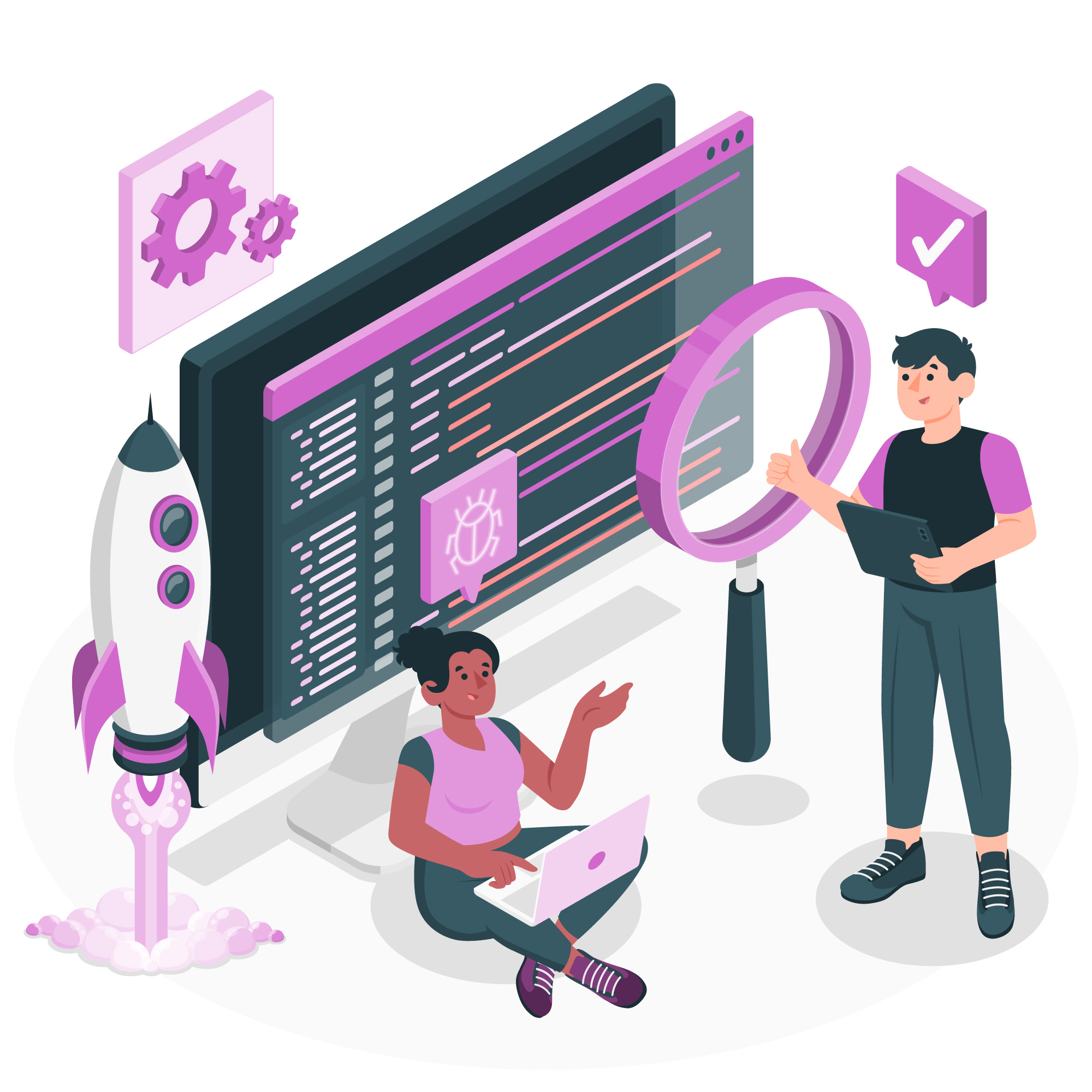

















 Industry Diversified
Industry Diversified 














